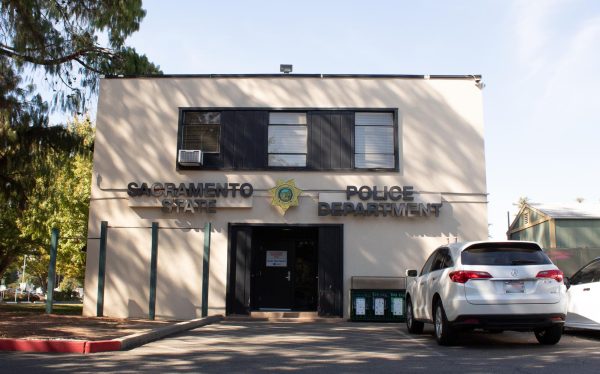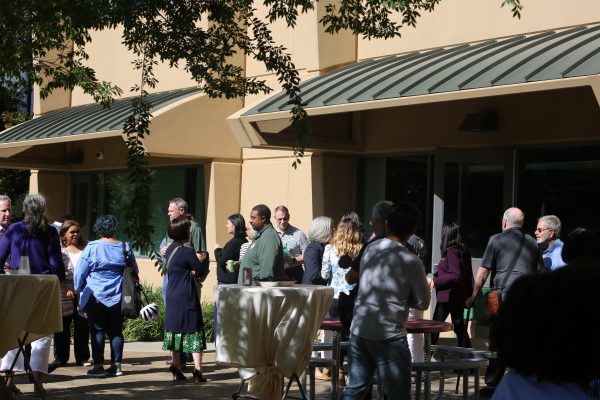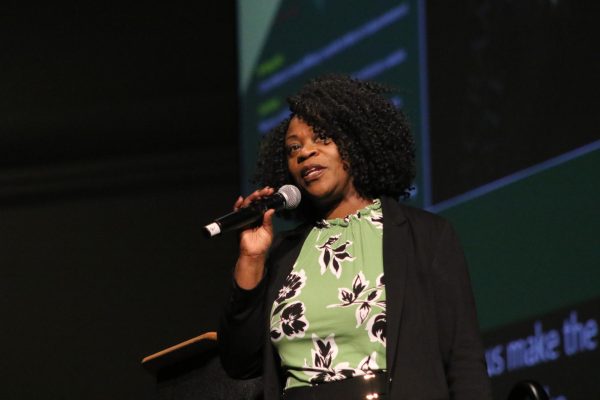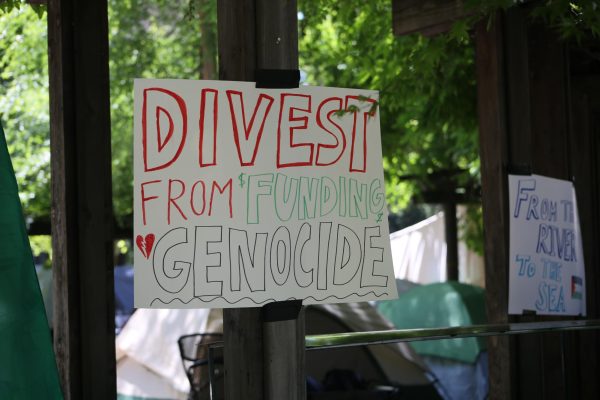Recent deaths of college students serve as reminder of how fragile life can be
October 6, 2004
In the past few weeks we’ve lost two of our own — Brian Nolan, a 21-year-old communications major at Sacramento State and Sean Sullivan, a 21-year-old Sierra College student, both who died in tragic accidents.
Although Sullivan was not a Sac State student, he was pursuing his college education, and in my mind that makes him one of us.
It is not something that anyone ever wants to hear. In my case, the words were from a hysterical mutual friend screaming on the phone, “Jen is dead!”Time stopped. The idea that anyone I knew could have died was so foreign to me that I had to ask, “Jen who?”
My close friend’s last name was said aloud, but I still could not comprehend that this was happening. Even though I could hear the voices of people enjoying the pool in the last days of summer outside my apartment, I felt cold and isolated like I had been dropped off in the middle of Antarctica and wasn’t really sure when anyone would be back to pick me up.
I knew, as I hung up the phone, life would not be the same for quite sometime.The news the next day revealed parts of her death I didn’t want to know, and quite honestly couldn’t fathom.
One line read in a publication, although I can’t remember which one, that her car had been “pancaked.” Another revealed, more graphically than I care to repeat, the way her small frame had been found in the car.
There was no mention of what she had done in her short years, or who she was, and I remember thinking, what a waste. So many people will never know that this woman had a metal suitcase for her make-up and yet was one of the most devout feminist I, still to this day, have ever known.
Not until I became a journalism student did I realize that print reporters weren’t insensitive human beings, but were reporting, to the best of their ability, the facts of what had happened.
Ross Palmerton, a 21-year-old paramedic student and friend of Nolan, said that he understood that even if it was hard to hear, reporters were just doing their job.
“Being a personal friend, when it’s someone you know, it’s hard to hear the details, but as long as it’s truthful I’d rather know than not,” Palmerton said.News is news, and a story becomes old after less than a week, but to family and friends the story never becomes old. Part of that comes from the initial shock of an untimely death, especially in a young adult; it’s just something you’re not prepared for.
As young adults we feel as if we are immortal, that we rule the world, but when someone, family or friend, dies, the mirror of illusions is shattered in pieces that can never be put back together.
“Of all the people I know, he was the last one I ever thought something like this would happen to,” Palmerton said.
Whether we want to believe it’s real there is a finality to it that can’t be denied, and the media are one of the ways we learn the details.
Shawna Barrows, a 20-year-old Sierra College student, was a friend of Sullivan, the victim of a fatal car accident, and who had been missing for over a week. Barrows felt that the broadcast media were invasive to the family of Sullivan after his body was found, but had no criticism for the print media. Barrows also said that she felt the media were too quick to relate the cause of death before all results were in.
“It really ticks me off when the media assumes,” Barrows said. “I think (broadcast media) portrayed it as a drinking related incident, but if you look at the details of the accident I just don’t think that was the case.”
Part of being a reporter to tragedies such as these is going to the source, and in these types of stories it’s often a police report in which we get our details. As reporters we seek the truth in all of our stories; to get as many people as we can to find related to the story and state the facts.
Unfortunately, to say the facts aren’t always pretty is an understatement, but there is an audience beyond the friends and families who grab for the paper out of concern for an individual. Even if they don’t know that person, many times people have concern and still want to know what happened. It is for the entire community that we pursue these details.
Palmerton said he thought it was a shame that someone who knew Nolan better was not able to speak to one of our reporters on Nolan’s behalf, but as I asked him for the numbers of some of those people he told me, he didn’t know how to get a hold of them.
In the end, news writers write to get the truth out to the public on situations that happen in our community.
To put an opinion in the article would be unethical. To state the way a particular story made us feel would be un-objective. As an opinion writer I have the ability to say that through the writing of this article I have learned several things.
Nolan was an artist, who played guitar, was extremely active in his church and always had a smile. I learned that Sullivan was a guy who wanted to be all he could be and would do anything for his friends, was extremely dedicated to his family and especially close to his mom.
As an opinion writer and someone who lost a close friend when I was the same age as both these men, my heart goes out to the families, and I know they have a long road ahead.
In closing, I want to say that all of us need to remember to love those in our life as much as we can and never forget those who even for a short time made an amazing difference in our lives.


































































































































